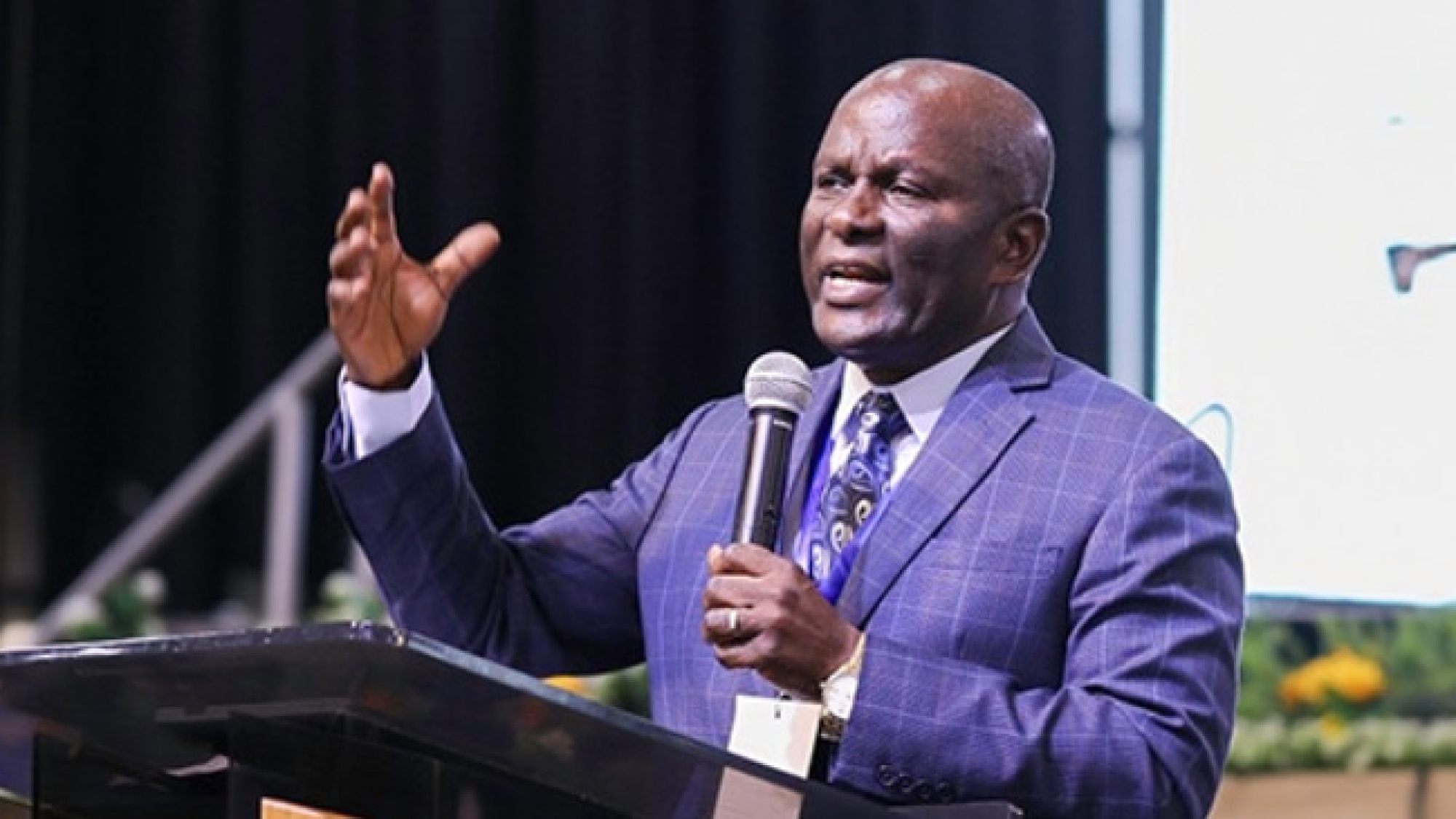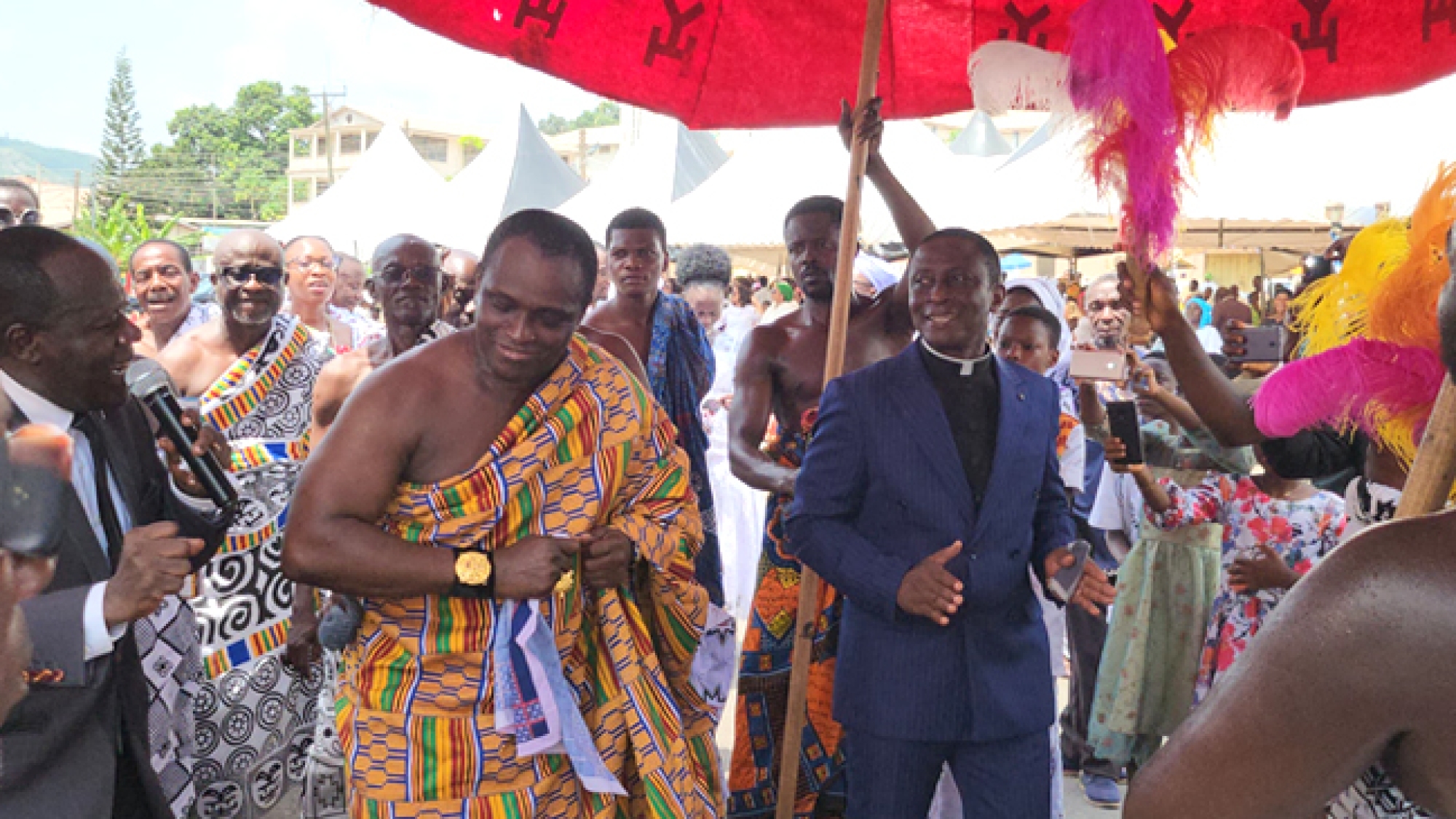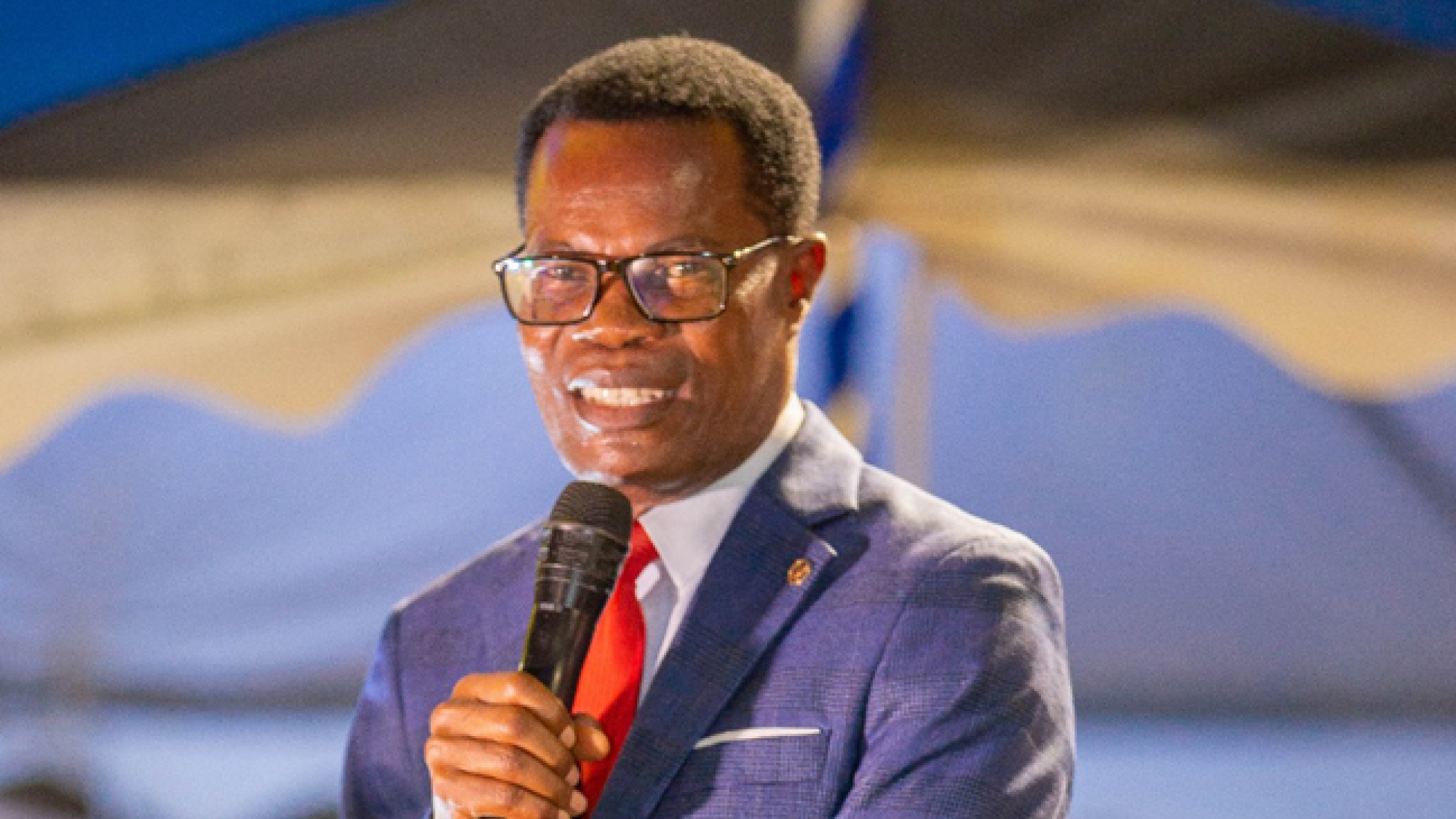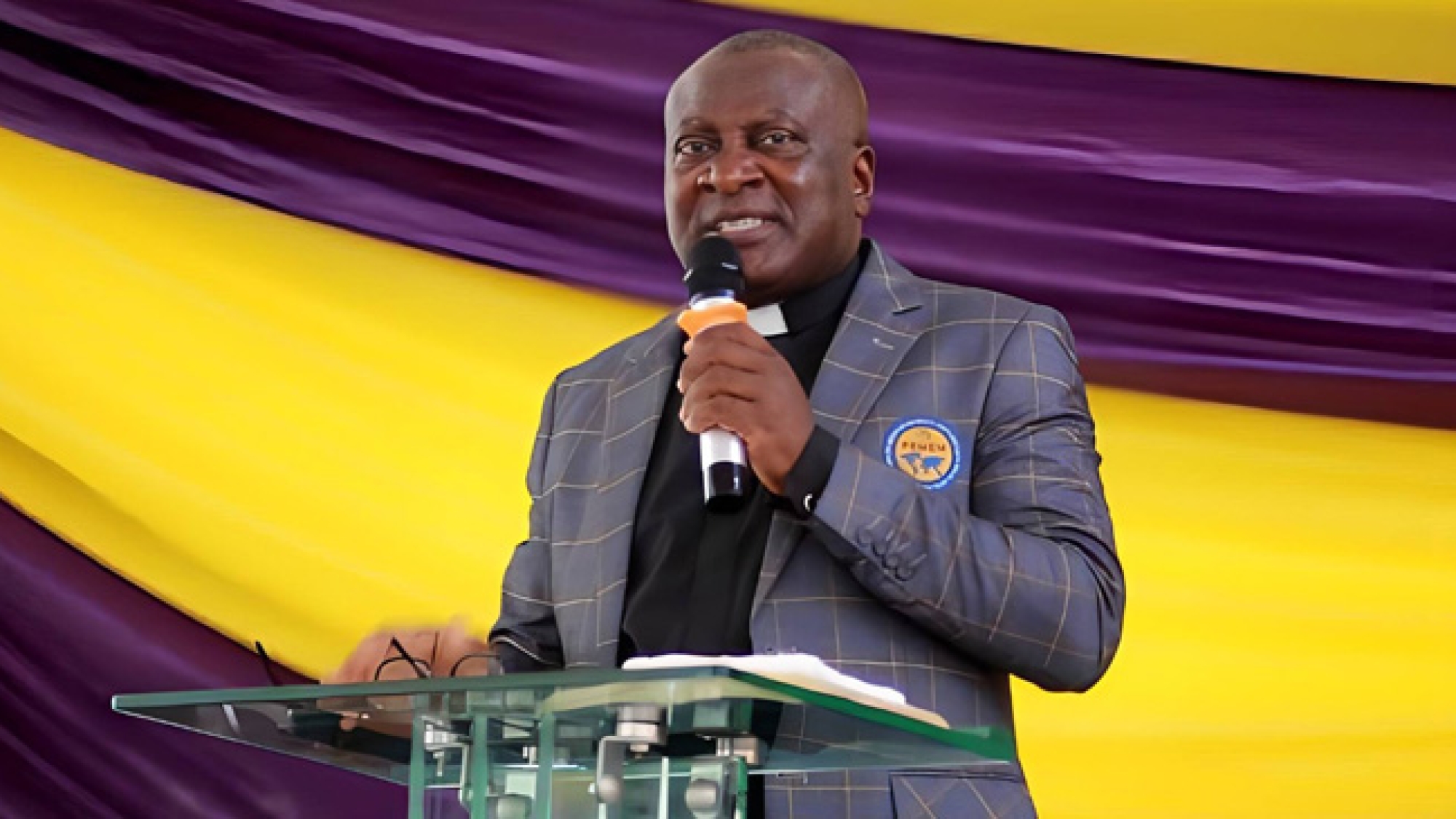INTRODUCTION
The advent of Christianity into Ghana brought many significant landmarks into the land. From the colonial to the post independence era up till now, it is clear that one of the blessings God gave to our land was the coming of Christianity. Through Christianity, many lives have been transformed, aspects of our culture shaped, civilization enhanced, great infrastructural development including schools, hospitals and centres of vocation.
The latest figures from the population and housing census indicates that more than 70% of Ghanaians are Christians – this being a very refreshing outcome.
The above, notwithstanding, some concerning observations have been made with our Christianity in contemporary times.
In this article, I attempt to shed light on some of these concerns, which I find worrying and risk putting our walk of faith in jeopardy.
One day whiles admonishing and teaching the crowd, Jesus prophetically warned his listeners and disciples to make sure that the light they think they have is not actually darkness – Lk 11:35 (NLT).
In other words, there is always the potential of us drifting and thinking we are in the light when in actual fact, we are engrossed in darkness.
In the light of the foregoing, some of the reeling concerns are herein listed
1. The Thirst for “Divine Revelation” Syndrome
One of the concerning observations of Ghanaian Christianity today is a certain supposed thirst and hunger for some kind of “divine revelation.” Without disregarding the need to dig deep in order to draw from the wells of insight as Christians, there seem to be an insatiable desire of congregants to hear words and some kind of rhema which are considered “out of the world”, which tickles their emotions and blow their minds. In order to meet this desire, some preachers are compelled to package their sermons in a way to sound “deep”, unveil revelations and wow their audience. As a result, some pulpits are now becoming avenues for churning out punchlines and not heartlines. Messages of conviction are making way for messages of admiration. Listeners are no longer desirous of what will command repentance but sermons, which will sweep them off their feet and not those that will circumcise their hearts. But the power of the gospel does not dwell in oratory or exceptional articulation, but it is in its simplicity. Indeed, what is the point in offering “deep revelations” and yet raising shallow believers who cannot stand by their convictions to see Him more clearly, love Him more dearly and follow Him more nearly.
2. The Prayer Movement Wave
The second concerning observation I have made with our contemporary Christianity is what I term as the Wave of the Prayer Movements. The Prayer Movement Wave relates to sudden upsurge of prayer groups which have been escalated through social media. Although these movements have come with great positives including a new sense of prayer awakening, an enhanced revival, a renewed hunger for God and a deepened form of spirituality among others, there is also the other side of the coin where these movements seem to be replacing the personal spiritual development of the individual adherents like personal quiet times and Bible study but rather culturing adherents along a certain kind of imbalance spirituality. It is important to underscore that Jesus remains our perfect example and time and time again, His template was to look for a solitary place to commune with God. Knowing God for ourselves has always been the Father’s heartbeat.
3. Prophetism and Prophesitisation
The subject of prophetism and its operation and management has been an aged long issue. Without belabouring the truth of prophecy as a tool for edification, exhortation and comfort, it is becoming a growing concern how the gift of prophecy is being carried and exercised in contemporary times. Is it not worrying how modern day prophets come on social media to drop names and telephone numbers of those to whom a prophecy is directed at? This is what I call prophesitisation which refers to the act of creating a deliberate platform for the exercise of the prophetic gifts and functions without recognition of God’s sovereignty in the operationalisation of the gift. In fact some prophets even come live on social media for followers to come live in order to be prophesied to? This immediately creates a prophetic marketplace for seekers and prophesiers to converge for prophetic transactions. The danger here is that the quest to seek to know Christ and become like him become subservient to the here and now reality of gaining what life here offers. The writing does not seek to make light the substance of the prophetic but it is obvious that some things do not really add up in the prevailing excesses, hence this raging concern.
4. The Theology of Some Contemporary Gospel music
Another rising concern is the doctrinal basis of some of the contemporary gospel music being churned out for the Christian community. Beyond the melodic structure and solfa progressions, the lyrical content of some contemporary gospel songs lack spiritual depth, do not deepen faith and weaken convictions whiles fueling our carnalities and materialistic tendencies. This is against the ancient hymns and songs of the early 70s to 90s which were Christocentric in outlook, drove holy living, promoted righteousness and frowned on iniquity and yet were scripturally balanced, deepened faith and Christian endurance whiles drawing our hearts to Christ. No wonder they have stood the test of time while many of contemporary tunes have only phased out with time.
5. Cross Religious Marriages
Even though, religious tolerance and faith diversity has chalked great successes in Ghana, it is of grave concern witnessing in contemporary times, the upsurge in cross religious marriages. With the understanding that the scripture is our rule, it becomes difficult to reconcile such inter faith marriages bearing in mind Apostle Paul’s admonition in 2 Cor. 6:14-17. The concern with this practice is an emerging generation with a lost spiritual identity, syncretic outlook and behavior leading to the creation of a liberalized society of permissiveness. With the intention of establishing the kingdom of God, there is the need to state the lines clearly so there is no controversy over opinions – either the Lord is God or none other.
6. The Struggle of Staying Relevant Vs The Will of God
The last concern as I reflect on contemporary Ghanaian Christianity is what I describe as the struggle of staying revelant vis-a-vis the will of God. It is important to underscore that as Christians, we have no aim, no will and no purpose except that of Christ. The narrative, however, is not the case considering the nature of the times where staying relevant is our fixation. Herein lies the concern since the call for kingdom come is to see God’s will done. What that means is that what may be the accepted will of God for us may not fit the earthly standard of recognition, relevance and influence. It is this struggle that has led some of the saints into compromise and spiritual shipwreck forgetting that staying in God’s will is the perfect way to go.
CONCLUSION
The purpose of this article is the outcome of a pastoral burden drawn from my heart based on some observations from our Ghanaian contemporary Christianity. Without being judgemental, I have sought to highlight some of these observations to trigger a discourse aimed at enabling the Church to separate the wheat from the tares.
Maranatha, Lord please come
Written by Pastor Kwasi Asante Annor (General Manager, PENT TV)















